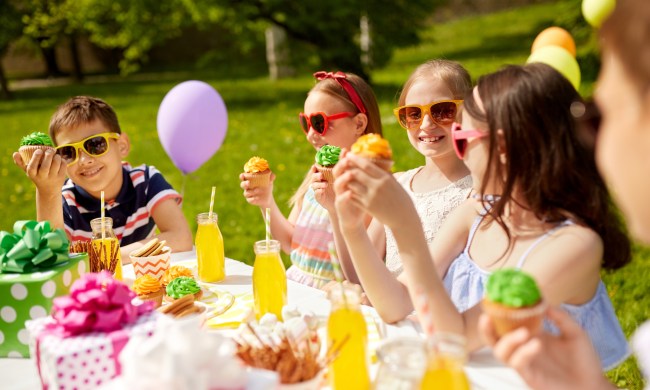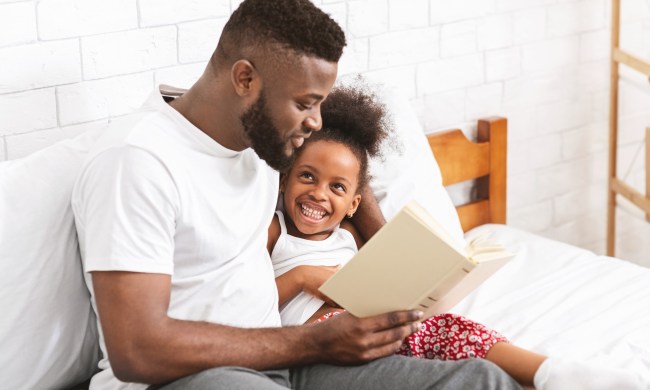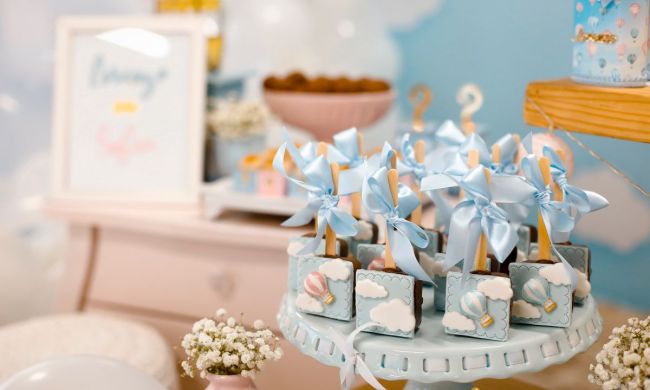Social skills are an important component of a child’s education. Well-developed social skills actually play a part in helping children learn. The benefits of having well-defined social skills also go a long way for children as they climb the educational ladder and grow into adults.
A study conducted by the American Journal of Public Health stated that children with well-developed social skills are 54% more likely to graduate from high school, twice as likely to go on to college, and 46% more likely to have full-time employment in their mid-twenties.
What are social skills? Social skills encompass the ways in which people communicate and interact with one another. These skills include verbal and nonverbal communication, as well as basic social rules, such as manners. Important social skills kids need to learn in addition to manners include the following:
- Listening
- Sharing
- Following directions
- Patience
- Taking turns
- Empathy
- Cooperation
- Positivity
- Respecting boundaries
- Collaboration
A great way to help kids master these vital skills is through social skills activities. These activities actually begin in infancy. Talking to your baby, playing peekaboo, and even having a regular routine all help teach social skills in infancy.
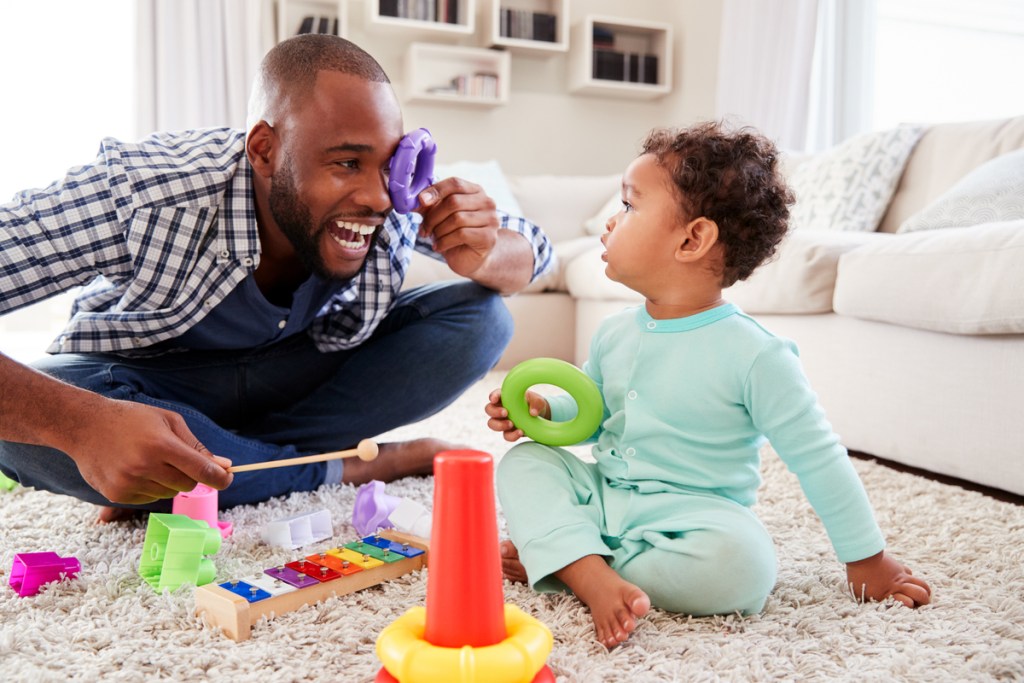
Social activities for toddlers
The toddler stage is defined as ages 1 to 3. Key social skills to introduce to toddlers include cooperation, sharing, manners, and following directions. Communication is, of course, a key social skill. As your toddler’s vocabulary expands, it’s important that they learn to communicate needs by using words.
How to teach manners
Manners are not innate. They need to be taught. Teaching manners begins with modeling them at home. Reading books about manners and even having a tea party are fun ways to teach a toddler manners. Games like Simon Says and Red Light, Green Light are perfect picks for following directions. Just remember, toddlers can only handle one direction at a time, so keep it simple.
How to learn cooperation
Cooperation can be introduced by letting toddlers help with easy chores, such as taking the clothes out of the dryer or raking leaves. Toddlers love to help, and encouraging that enthusiasm works to develop social skills. Sharing is tough for toddlers, as any parent knows. That’s why it’s always a work in progress. Playdates are ideal for putting your toddler in situations where they need to share.
At this stage, mommy-and-me activities, whether at a local library, gym, or even a nature center, are wonderful because they expose your toddler to all the social skills they need to develop at this age.
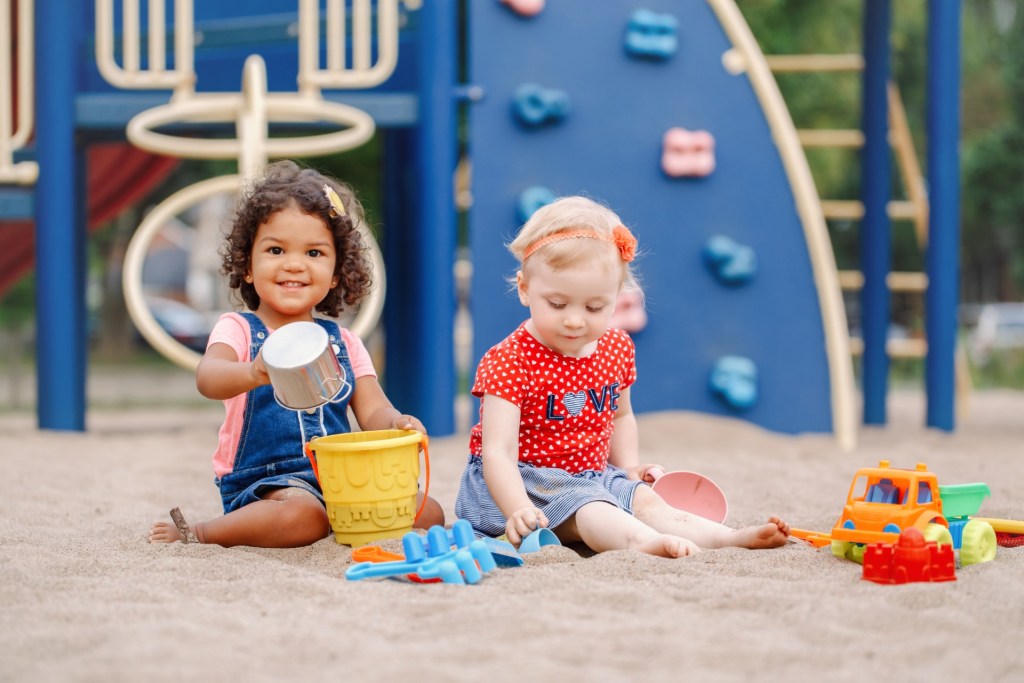
Social development activities for 3- to 5-year-olds
Ages 3 to 5 are key because they lead up to kindergarten. Having well-developed social skills makes the transition to kindergarten much easier for your child.
Consider preschool
Many 3- and 4-year-olds are enrolled in some sort of preschool program. While learning those ABCs and 123s are important, the real benefit to preschool is the social interaction children have with one another, as well as the social skills they’re exposed to. All the key social skills you want your child to develop play an important role in a preschool curriculum.
Get them involved in extracurricular activities
Even though your child is in a preschool program, getting them involved in activities like soccer, T-ball, dance, or gymnastics outside of the classroom reinforces vital social skills like cooperation, following directions, taking turns, and more.
Organize playdates when you can and spend some time at local playgrounds or parks. Playgrounds are ideal for helping kids learn how to wait their turn and are a lesson in patience.
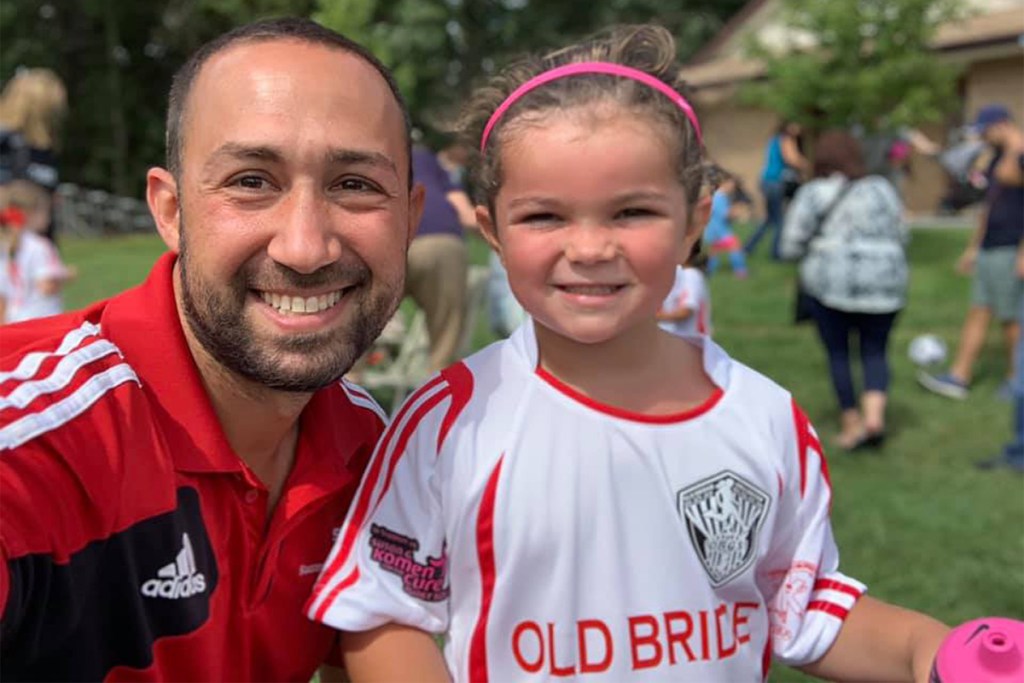
Tips to enhance your preschooler’s social skills
Many parents are concerned about letter, shape, number, and color recognition when it comes to getting their preschoolers ready for school. Of course, those skills are critical, but social skills are too. As we’ve discussed, children who have well-developed social skills tend to excel in school.
Here are some straightforward preschool social skills lesson plans to help your little one hone those very important social skills.
- Place your child in situations with other kids where they need to communicate, take turns, share, and cooperate. Playgroups, playdates, organized sports, or activities designed for 4- and 5-year-olds are ideal.
- Give your preschooler simple chores at home to complete each day, such as setting the table and cleaning up their toys.
- Encourage good manners in and out of the home. Modeling is a great way to teach manners.
- Play games as a family. Family game nights are wonderful for preschoolers because they teach them to take turns, follow directions, communicate, and more.
- Be an active listener. Teaching a child to listen when people talk isn’t easy. Think about how many adults don’t know how to actively listen. Being an active listener yourself when your child, spouse, friends, and relatives are talking goes a long way in helping your little one learn how to listen.
- Read books about feelings and emotions.
Social skills are an important component of a child’s education. Children with well-developed social skills tend to adjust to school easier and are more confident. Listening, sharing, following directions, patience, taking turns, empathy, cooperation, positivity, respecting boundaries, and collaboration are 10 vital social skills. Of course, your child can’t learn these skills overnight.
Social skills activities begin in infancy. They start with talking to your baby and playing those simple games like peekaboo. Supporting social interaction with others through playdates, mommy-and-me activities, and sports encourages social skill development.

